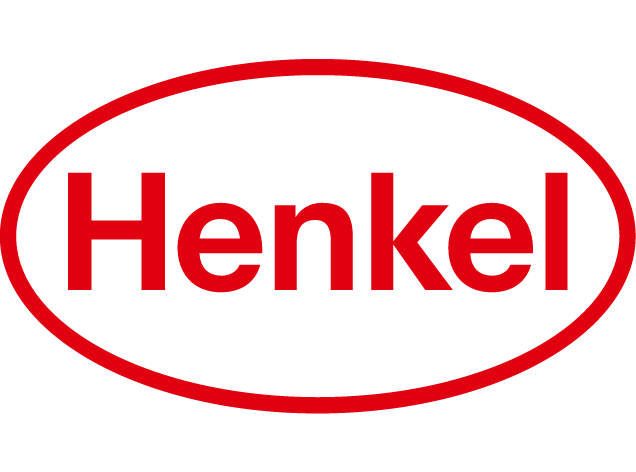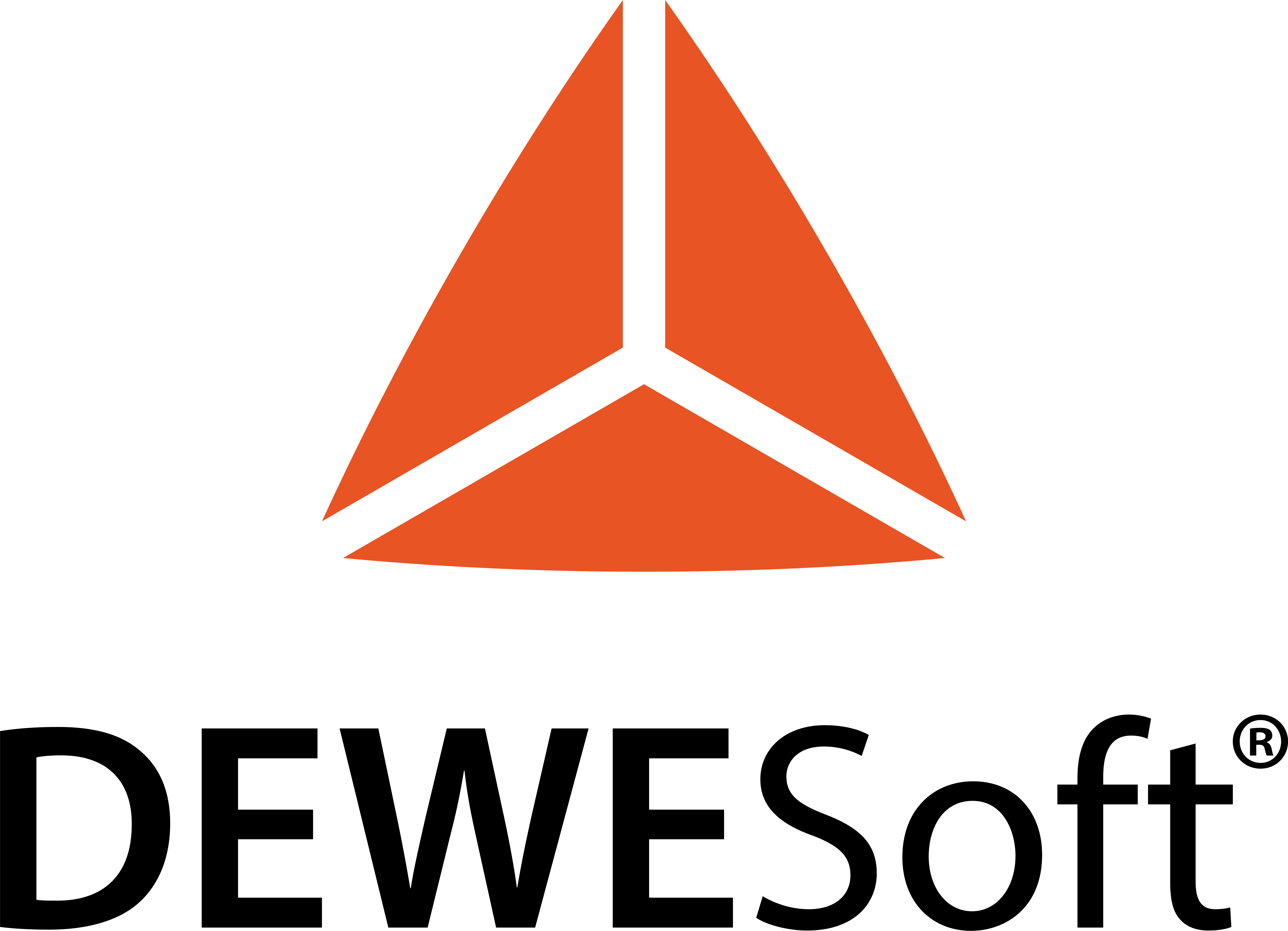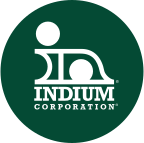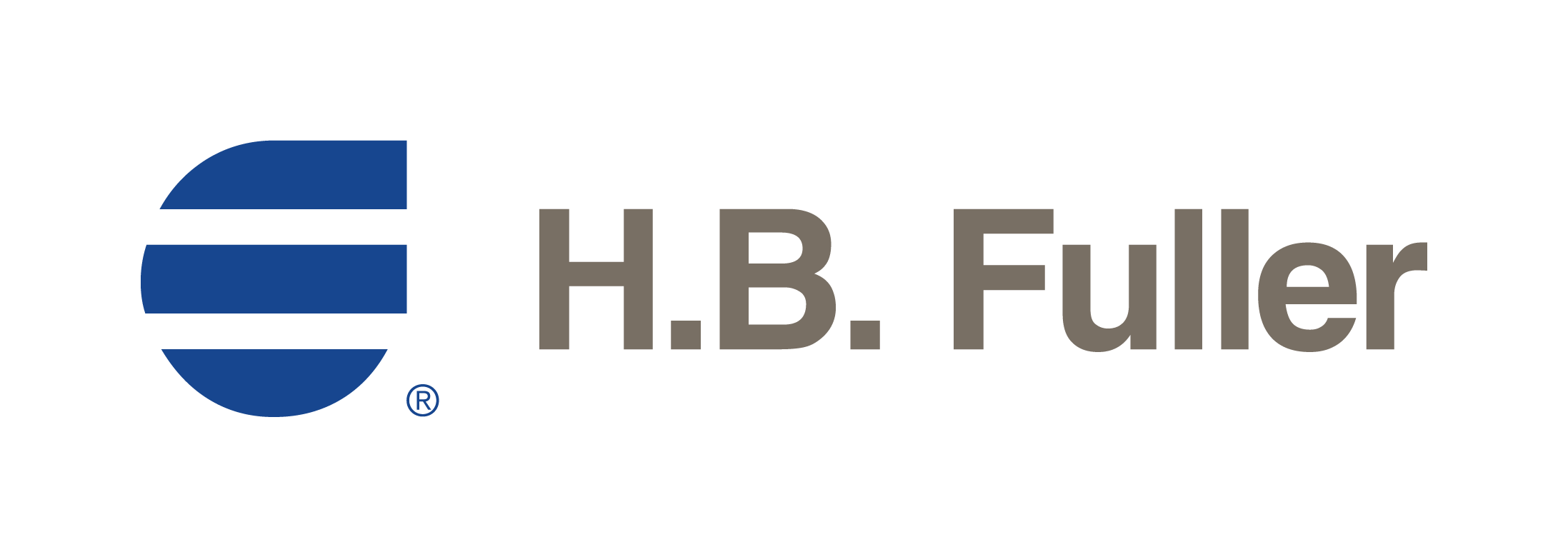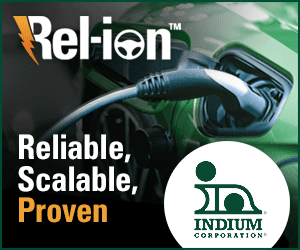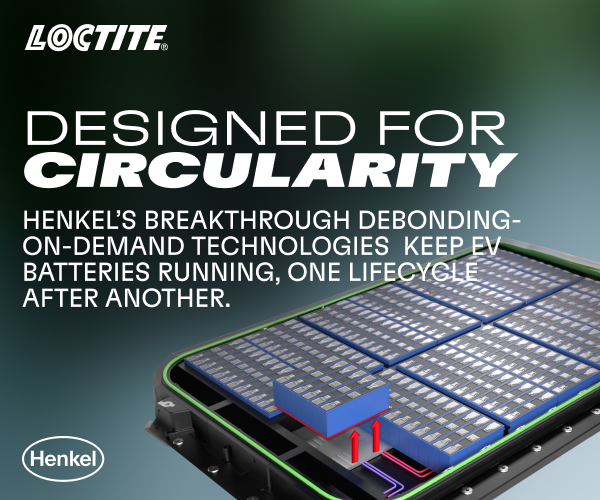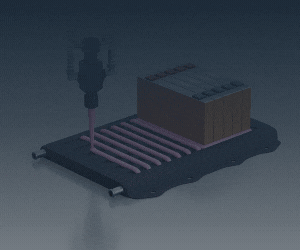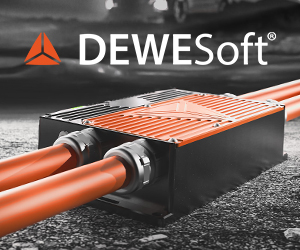EST-Floattech adds LFP chemistry to Octopus Series for maritime applications
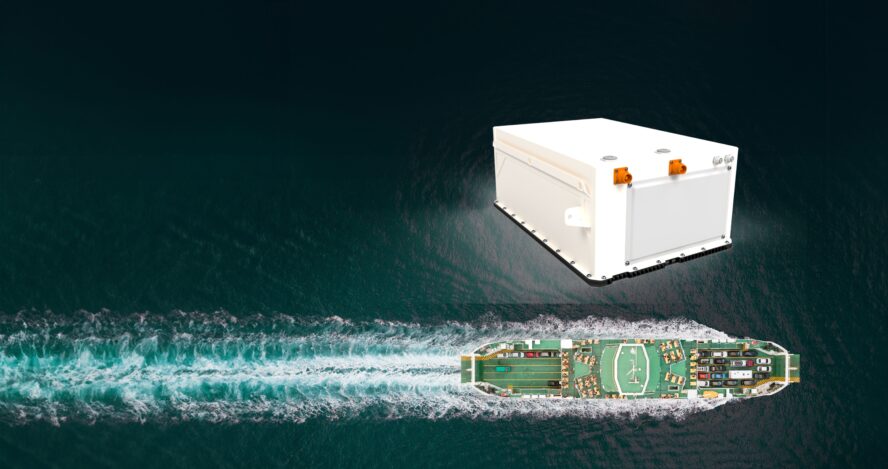
(Image courtesy of EST-Floattech)
EST-Floattech has expanded its Octopus Series energy storage portfolio with Lithium Iron Phosphate (LFP) battery modules, targeting maritime applications where extended cycle life and cost effectiveness are priorities. The Dutch company developed the modules in response to market demand for alternative battery chemistries beyond their existing offerings.
The Octopus LFP modules deliver 52V nominal voltage with 233Ah capacity, designed for scalable integration into multi-MWh systems. The modular rack design provides height and width flexibility while incorporating integrated air cooling to maintain thermal performance. This approach eliminates liquid cooling risks and reduces maintenance requirements compared to liquid cooled alternatives.
LFP chemistry characteristics make these modules particularly suitable for vessels operating daily discharge and overnight charging cycles, including workboats, ferries, and commercial vessels with predictable charging windows. The technology offers enhanced thermal stability and extended lifecycle performance while maintaining the safety profile associated with iron phosphate chemistry.
The modules integrate with EST-Floattech’s existing Octopus Series Battery Management System, developed internally over 15 years of operational experience. The BMS provides thermal and power management with real-time diagnostics, ensuring performance optimization and compliance with maritime classification standards.
CEO Mark Witjens noted that LFP addition addresses diverse vessel energy profiles, providing cost effective solutions for high energy capacity applications with long discharge cycles. The company plans maritime class society certifications for early 2025, building on existing type approvals from four major classification bodies.
Technical Director Diederick Stam emphasized that LFP modules underwent qualification testing to meet Octopus Series performance standards, supporting expanded vessel designs and hybrid propulsion systems as maritime transitions toward cleaner technologies. The modular approach enables shipbuilders to configure systems according to specific vessel requirements for battery life, sustainability, and safety optimization.
Click here to read the latest issue of E-Mobility Engineering.
ONLINE PARTNERS

